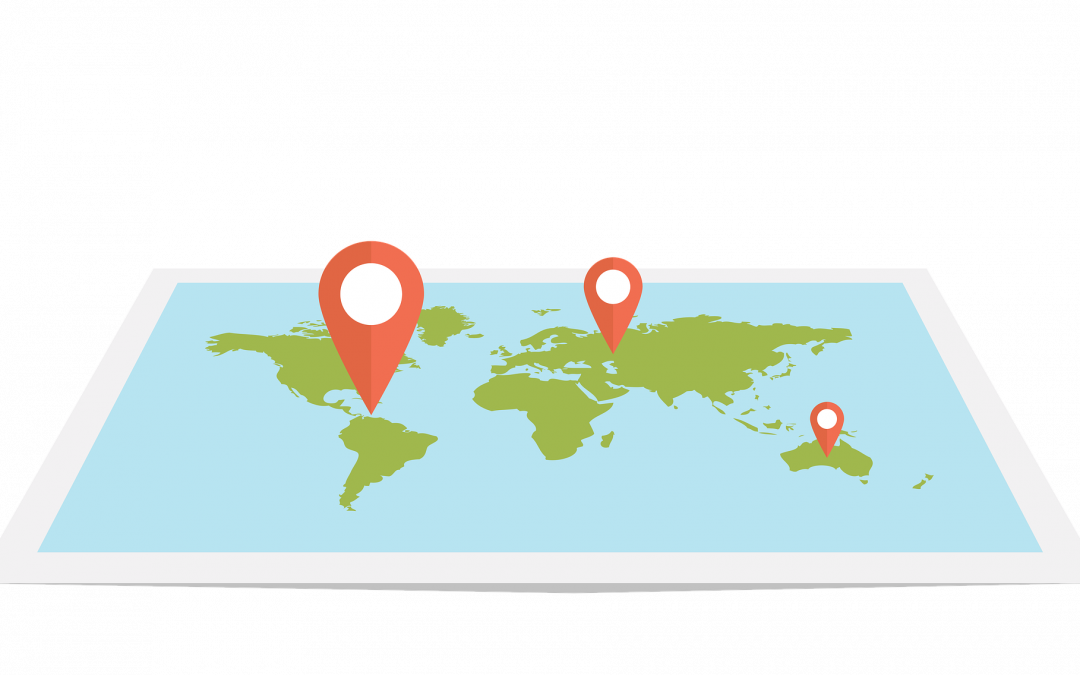The Importance of Localization and its Secrets
Take a moment to look around you. No matter where you are, you will probably see items the entire world has heard about. Samsung TV? Nike shoes? An iPhone? All these brands have something in common; they are known all over the world. Whether you are Canadian, Chinese, French, American, Indian, or German, you can’t look at a can of Coke and wonder what it is. These companies have translated their products into so many different languages and exported them in so many different countries that you can now find them just about anywhere, even in the remote villages of Nepal nearby Mount Everest. These companies have all understood the importance of localization.
The Big And The Giant
So, how did big companies localize their products? What is localization?
Localization is a process of product translation and cultural adaptation to account for differences in distinct markets. You can’t simply take a product made by your company and sell it in any country, as some content might be offensive to other cultures. Therefore it can be tricky to translate the brilliant idea and concepts involved behind the name of your company.
For example, did you know that the name Coca-Cola comes from the coca leaves and the kola nuts used as a flavouring for the drink? Founder John S. Pemberton changed the ‘K’ of kola to C to make the name look better. Simple, concise, and the brand is known worldwide. Nonetheless, the brand encountered a certain problem when entering China. The original Chinese version of the name “ke-ke-ken-la” meant “bite the wax tadpole”. After weeding through enough Chinese characters, an audibly-accurate, on-point translation of “ke-kou-ke-le”, roughly meaning “happiness in the mouth,” was agreed upon.
Unfortunate Translations
Mistranslations are not only a phenomenon you can find in books or over the internet, but they are also a very common way of having fun for those who can understand them. In a professional environment, being the subject to ridicule is the last thing you could wish for! For example:
Hulu, the online video website translates into “butt” in Indonesian, “hair” in Hawaiian, and “cease and desist” in Swahili
Gerber, the baby food company’s name translates into “vomit” in French. The baby’s expression on the logo doesn’t help a whole lot.
Ensuring Quality
Localization and branding reviews have vital importance in the internationalization of any brand or industry. The aim of this review is to provide you with insight into how your brand name will be perceived by users in the target market countries. It will also check if another company uses the name in the target country or if it is difficult to pronounce locally.
Here at LingoStar, we know languages are all important, no matter if spoken by a majority or a minority of people. German, French, Chinese, Turkish or even Swahili, we cover a very wide range of languages for many services such as interpretation, voice-over, localization, cross-cultural training and more. No language is left behind! Please do not hesitate to contact us for further information. We can solve all your translation and localization needs!

















